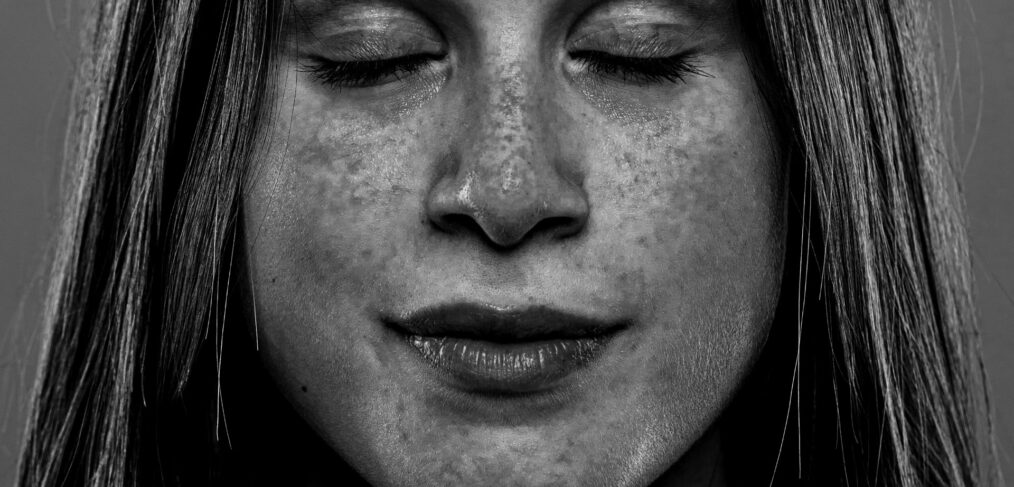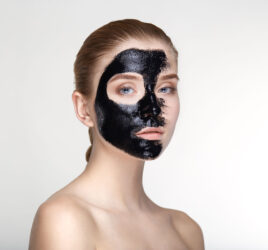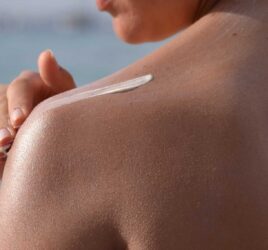
The Sun & Your Skin: The Good, The Bad & The Ugly!
Author: Dr David Shaw, a skin and cosmetic GP at Kingscliff Health medical and allied health centre in Kingscliff, NSW.
Everyone knows that a bit of sun is good for you, right? So why are we told to avoid it?
It’s because public health messages need to be simple to be effective. But this issue is anything but simple. How to get the health benefits from the sun whilst avoiding its nasty effects is a bit of a delicate balance!
Ok, so what are the positive health effects of sun exposure and how can we get them?
Firstly, it’s really important to expose our eyes to early morning bright daylight. Indoor light just doesn’t cut it! Depression, anxiety and sleep disturbance may result from inadequate light. Visualising the strong blue and green colours of the outdoors has similar benefits.
It’s well known that we need sunlight on our skin to synthesize Vitamin D to obtain its numerous benefits including bone health. However, scientific studies are now demonstrating something really astounding – that skin exposure to sunlight also helps to regulate and balance our immune system. It does this by mildly suppressing immune functioning in our skin. This appears to have far-reaching effects throughout the body. There is evidence that inflammatory and autoimmune conditions of both the skin and the body as a whole can be reduced or prevented by appropriate sun exposure. This is really quite a breakthrough in our understanding of the immune system.
But here’s the rub – what is appropriate exposure? Now this differs for different skin types. It goes without saying that getting burnt is not helpful! For me, with very fair skin, this will happen in just a few minutes in the midday summer sun – simply hanging out a load of washing is enough to burn me! UVB rays, which are the most burning, but also necessary for vitamin D and immune function, are virtually absent at the ends of the day. So a small dose (and I mean small) of midday sun is actually a good thing! If you have reddened at all, you’ve had too much. You will need slightly longer exposure times if you are at higher latitudes (further away from the equator), are in the northern hemisphere, and during winter.
Yes, I know that’s not what you have probably heard, but like I said, public health messages cannot be nuanced!
What about the ‘Bad’ of sun exposure?
Well, that’s pretty obvious – skin cancer. Just a few words regarding this: Whilst getting outdoors at the ends of the day will reduce your skin cancer rates, there is a catch – UVA levels are still the same as in the middle of the day. Whilst UVA is not as harmful as UVB, it can still cause cancer. And at the ends of the day, the sun’s rays come in at a low angle and get into the nooks and crannies of your face. I see numerous skin cancers’s in these areas in people who swear they only ever go outside at the ends of the day.
Ok, I promised to discuss the ‘Ugly’ of sun and skin too…
Right, that is photoaging: premature aging of the skin due to UV exposure. Nobody likes their skin looking old and we spend a fortune on trying to reverse this. Why not prevent it instead? It’s much cheaper that way. Here’s how:
- Avoid exposing your face to virtually any sun.
- Wear sunscreen on your face, even at the start and end of the day.
- Women wearing foundation or daycreams containing sunscreen should reapply during the day if additional outdoor activity is planned.
- If you choose midday sun exposure for health reasons, keep you face, neck and upper chest out of it, as these are the areas most prone to photoaging and the ones we want to keep looking good!
Most of us can get away with sun exposure on our skin for many years without obvious effects. However, beyond your early thirties, your sun sins will be revealed!
Dr David Shaw is a highly experienced skin and cosmetic GP with areas of interest in dermatology, skin cancer checks, skin cancer surgery, and cosmetic injectables. Book an appointment online with Dr David Shaw or call us on 02 6670 1400.
* The information provided in this article is for educational purposes only and not intended to be a substitute for professional advice. You must consult your doctor before acting on the information in this article, especially if you have concerns regarding health related issues for yourself and your family.



